Apple delays controversial CSAM detection feature
The mobile phone giant has backtracked on plans to scan images on its devices
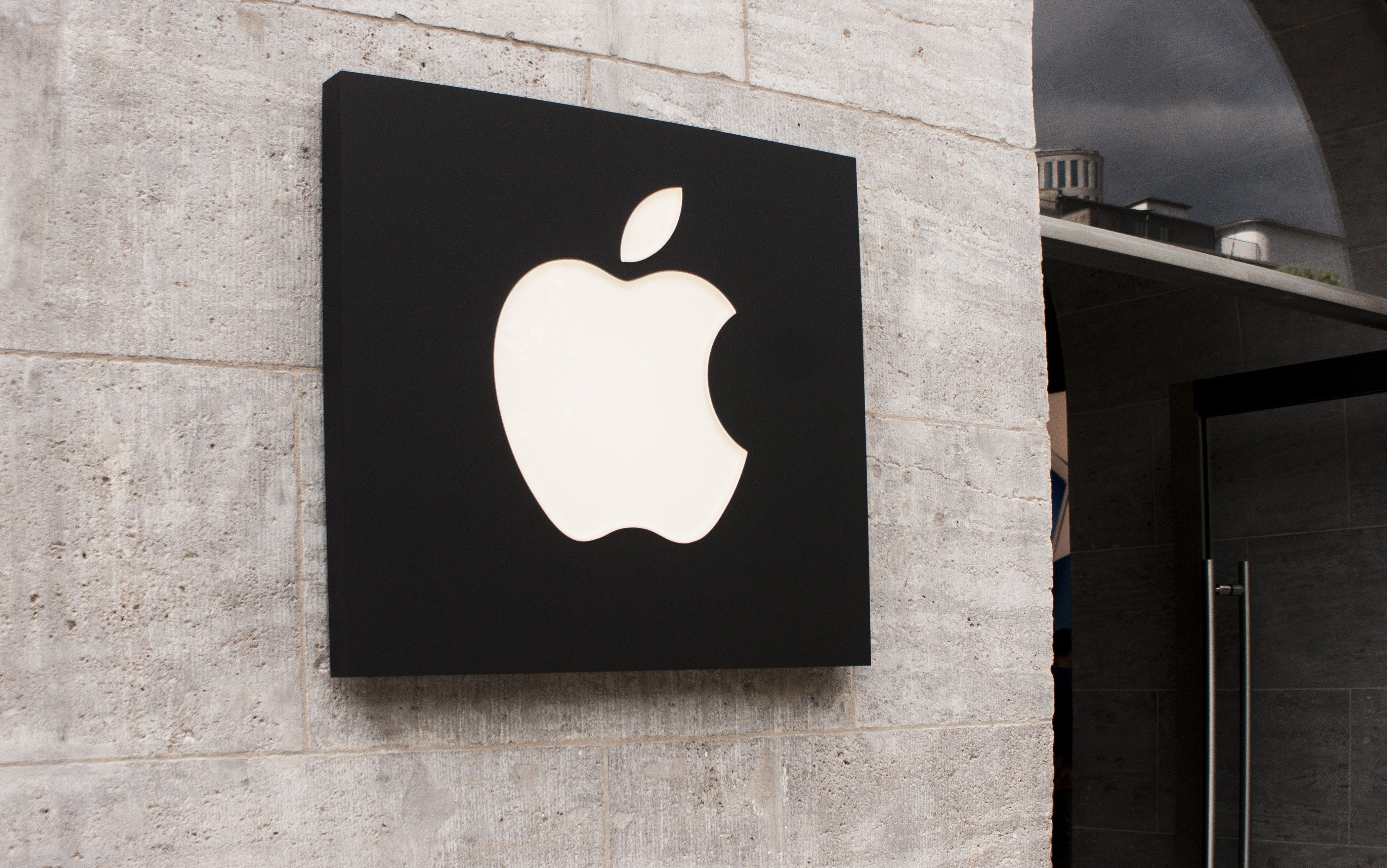

Apple has delayed its controversial image scanning feature following negative feedback.
The company updated its briefing page on the technology, explaining it was delaying the feature based on the response it received from customers and privacy advocates.
"Based on feedback from customers, advocacy groups, researchers, and others, we have decided to take additional time over the coming months to collect input and make improvements before releasing these critically important child safety features," the company said.
The feature, announced in August, would have allowed Apple to scan photos uploaded to iCloud. The photos would be scanned on user devices and compared against a set of hashes known as Child Sexual Abuse Material (CSAM) images.
This database was originally supposed to come from the National Center for Missing and Exploited Children (NCMEC), but Apple later explained it would only scan images that also appeared in clearing houses across multiple countries.
Apple also said it would only trigger a human review if it found 30 CSAM matches using this method.
The company also announced a second feature that would scan images sent to children in its iMessage app to detect nudes and notify parents.
Get the ITPro daily newsletter
Sign up today and you will receive a free copy of our Future Focus 2025 report - the leading guidance on AI, cybersecurity and other IT challenges as per 700+ senior executives
Both plans provoked concerns from global privacy groups. They were concerned Apple's scanning technology could be used to scan for other kinds of imagery, opening users up to government surveillance. The company vowed not to allow government requests for expanded searches.
RELATED RESOURCE

The IT expert’s guide to AI and content management
How artificial intelligence and machine learning could be critical to your business
This week, the Electronic Frontier Foundation delivered a petition protesting the technology, which was slated to be included in the next version of iOS and initially restricted to US users.
The organization pointed out that the technology breaks the end-to-end encryption functionality Apple has touted in its operating systems.
"Apple’s surveillance plans don’t account for abusive parents, much less authoritarian governments that will push to expand it. Don’t let Apple betray its users," it added.
Danny Bradbury has been a print journalist specialising in technology since 1989 and a freelance writer since 1994. He has written for national publications on both sides of the Atlantic and has won awards for his investigative cybersecurity journalism work and his arts and culture writing.
Danny writes about many different technology issues for audiences ranging from consumers through to software developers and CIOs. He also ghostwrites articles for many C-suite business executives in the technology sector and has worked as a presenter for multiple webinars and podcasts.
-
 Bigger salaries, more burnout: Is the CISO role in crisis?
Bigger salaries, more burnout: Is the CISO role in crisis?In-depth CISOs are more stressed than ever before – but why is this and what can be done?
By Kate O'Flaherty Published
-
 Cheap cyber crime kits can be bought on the dark web for less than $25
Cheap cyber crime kits can be bought on the dark web for less than $25News Research from NordVPN shows phishing kits are now widely available on the dark web and via messaging apps like Telegram, and are often selling for less than $25.
By Emma Woollacott Published
-
 Apple M3 MacBook Pro review: Opt for the lower spec sets and you have an affordable powerhouse with heaps of battery life
Apple M3 MacBook Pro review: Opt for the lower spec sets and you have an affordable powerhouse with heaps of battery lifeReviews A well-built M3-powered MacBook that your small business can rely on – just be careful with your configuration choices
By Bobby Hellard Published
-
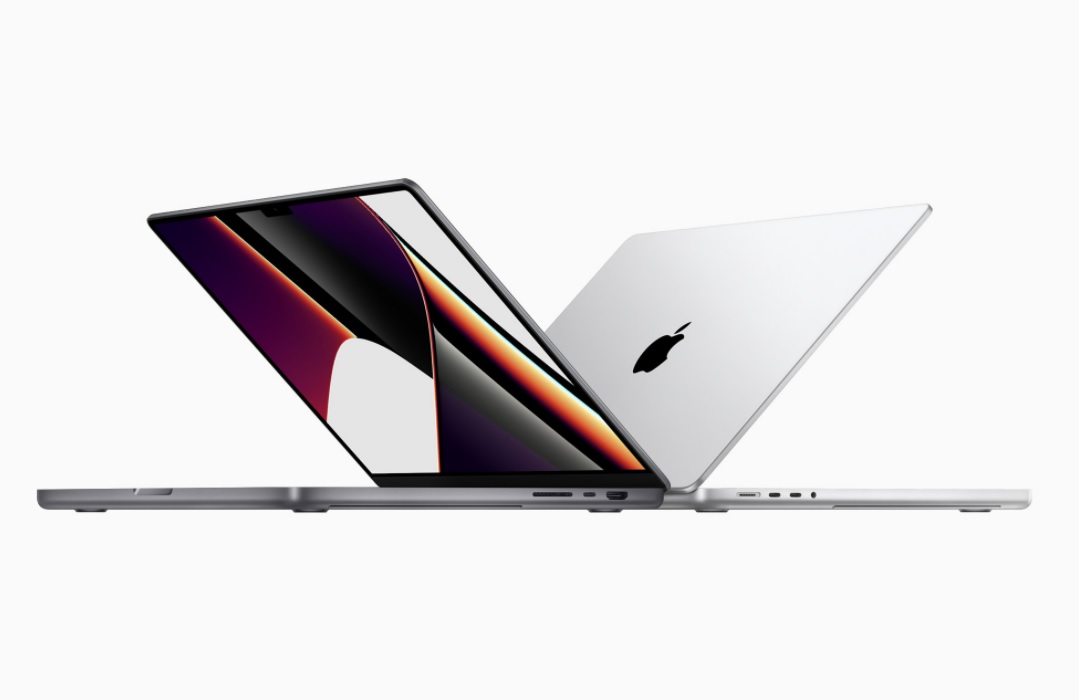 Apple unveils redesigned MacBook Pro with M1 Pro, M1 Max chips
Apple unveils redesigned MacBook Pro with M1 Pro, M1 Max chipsNews Apple's latest high-end laptops pack the company's second-generation homegrown silicon
By Danny Bradbury Published
-
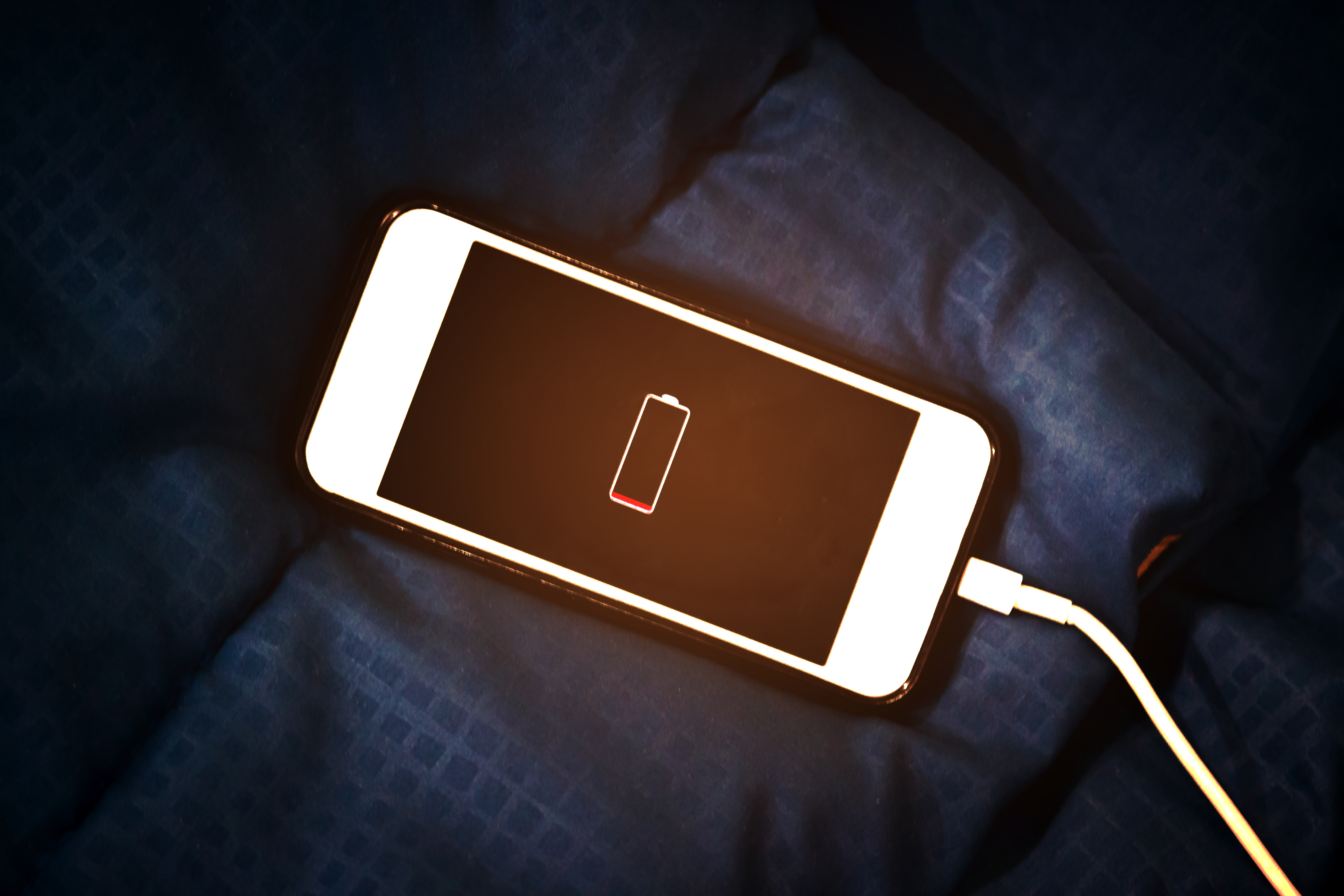 Apple is experimenting with attention sensors to save battery life
Apple is experimenting with attention sensors to save battery lifeNews Your next Apple device may shut down if you are not paying attention to it
By Justin Cupler Published
-
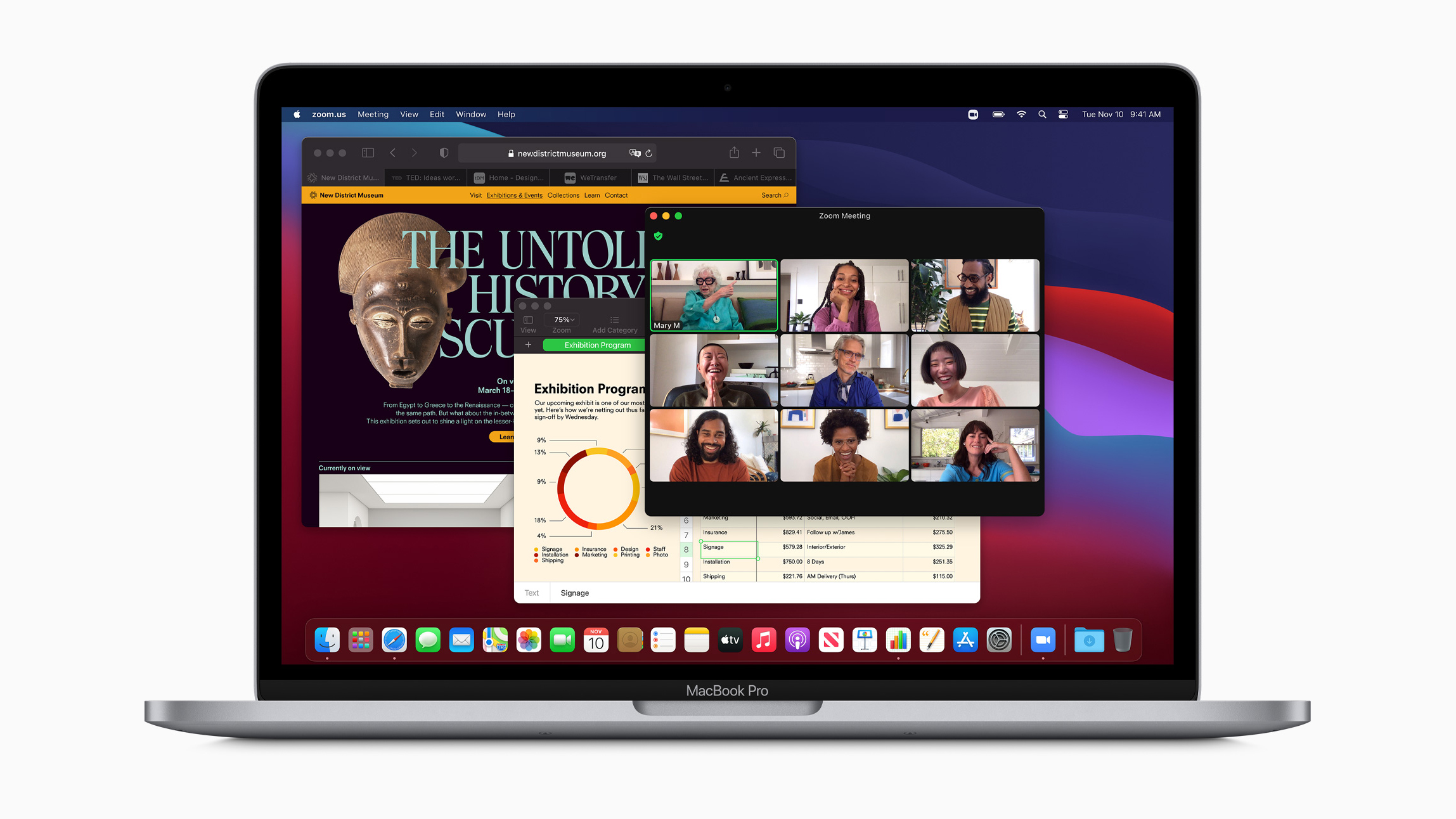
 Apple MacBook Pro 13in (2020) review: Powerful, portable – and almost perfect
Apple MacBook Pro 13in (2020) review: Powerful, portable – and almost perfectReviews The first business-grade M1 laptop is a huge hit
By Darien Graham-Smith Last updated
-
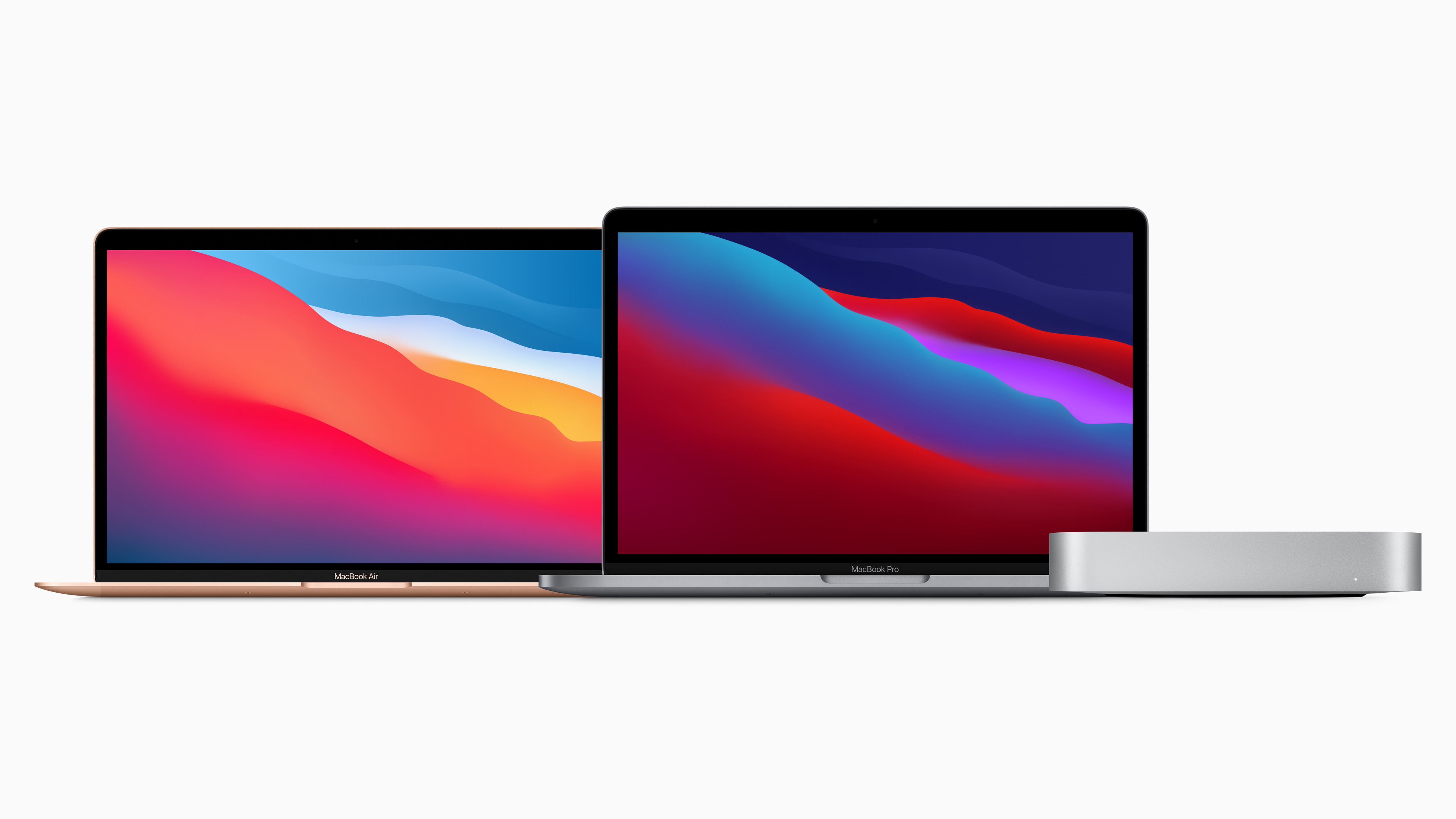 Apple unveils updated Mac lineup powered by its new M1 chip
Apple unveils updated Mac lineup powered by its new M1 chipNews The M1 chip is the first-ever personal computer chip built using 5-nanometer process technology
By Justin Cupler Published
-
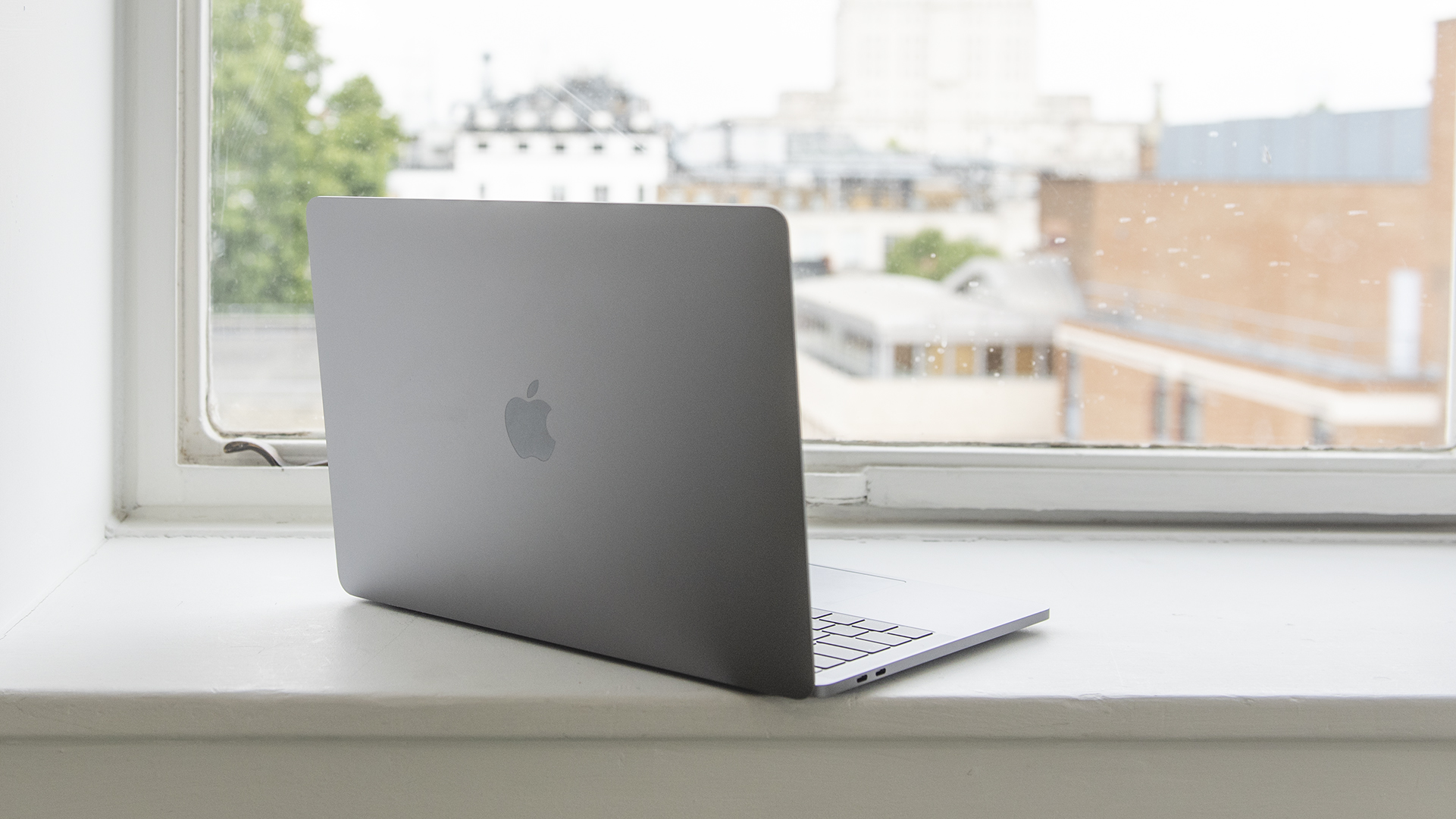
 Apple MacBook Pro 13in (2018) review: Perfection, redefined
Apple MacBook Pro 13in (2018) review: Perfection, redefinedReviews Apple’s latest 13in notebook is virtually flawless
By Clare Hopping Last updated
-
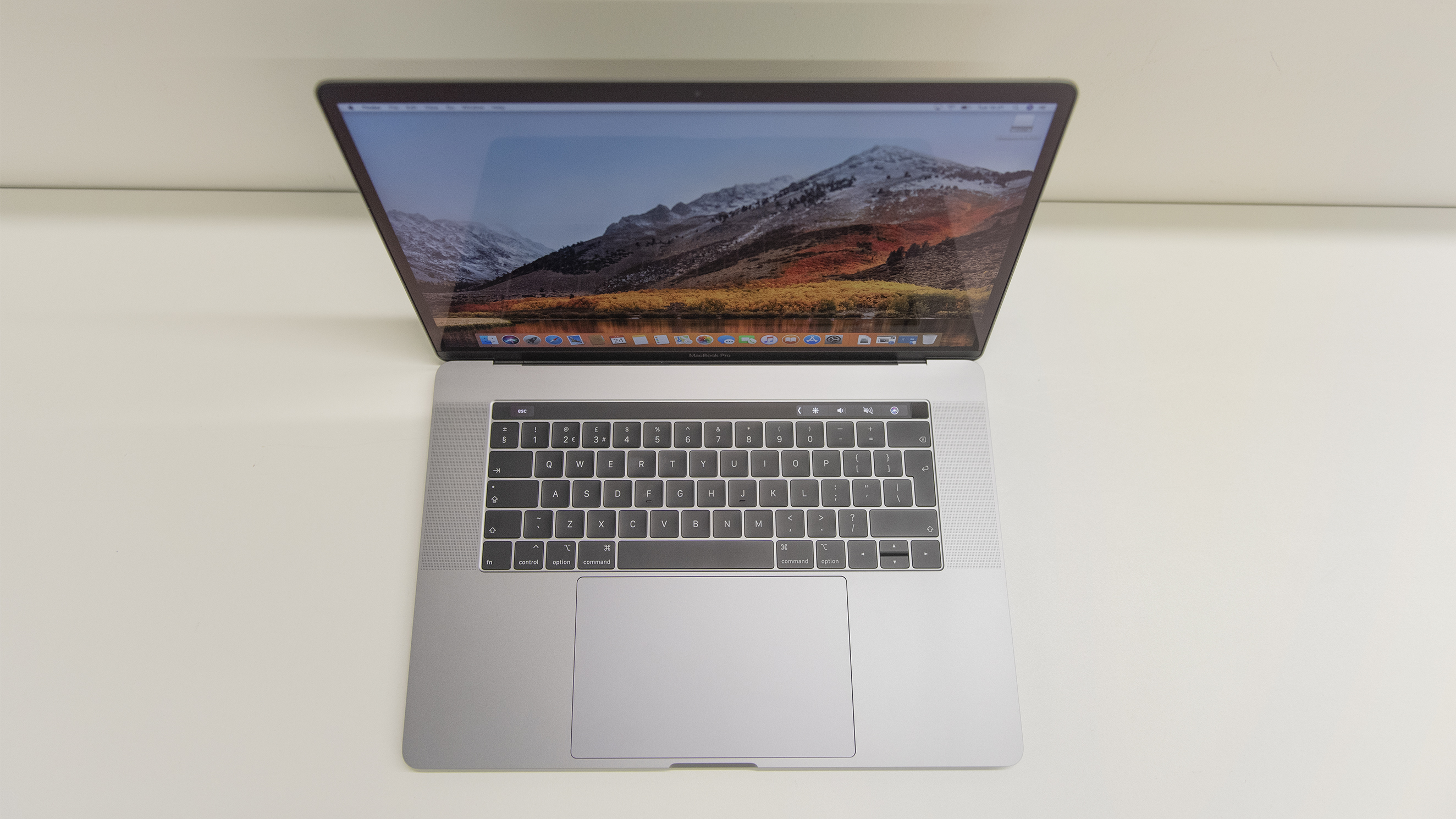
 Apple MacBook Pro 15in (2018) review: Power never looked so good
Apple MacBook Pro 15in (2018) review: Power never looked so goodReviews Apple takes its rivals to school with a truly outstanding laptop
By Connor Jones Published
-
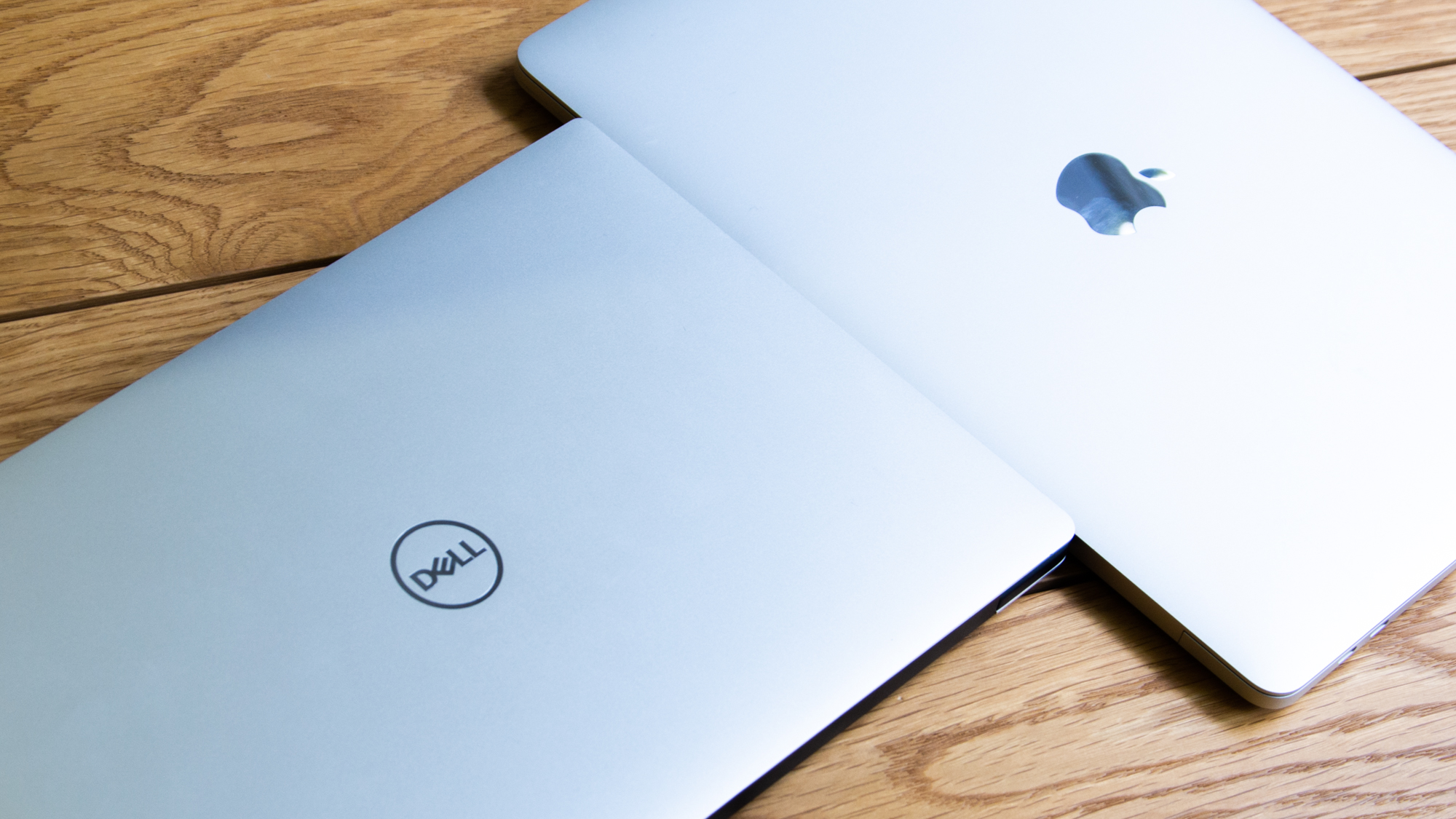 Dell XPS 13 vs Apple MacBook Pro 13in: Portable performance powerhouses
Dell XPS 13 vs Apple MacBook Pro 13in: Portable performance powerhousesReviews Two of the world’s best 13in laptops go head-to-head
By Adam Shepherd Published